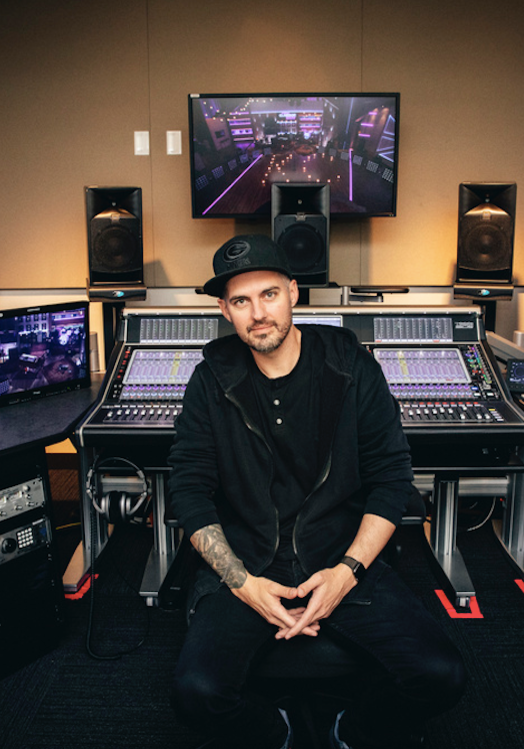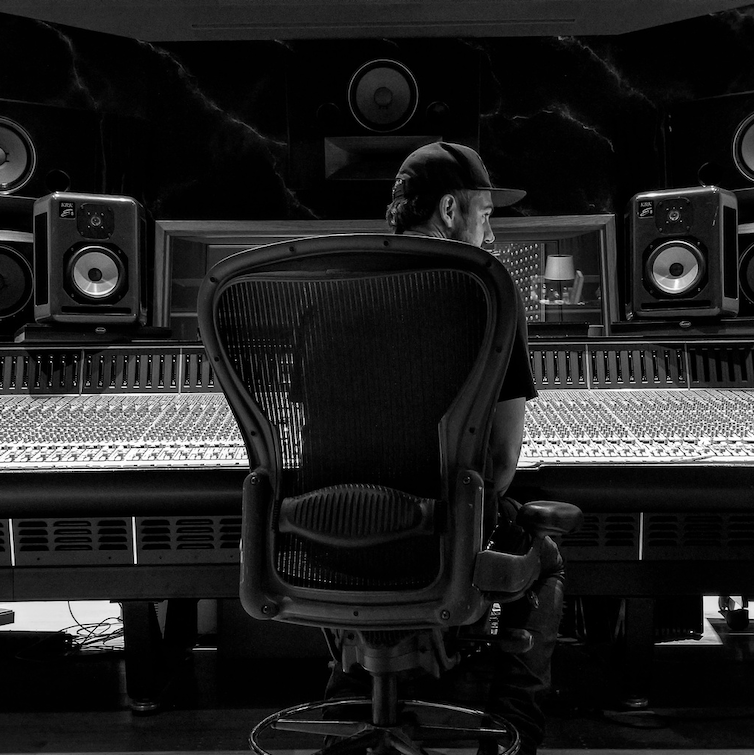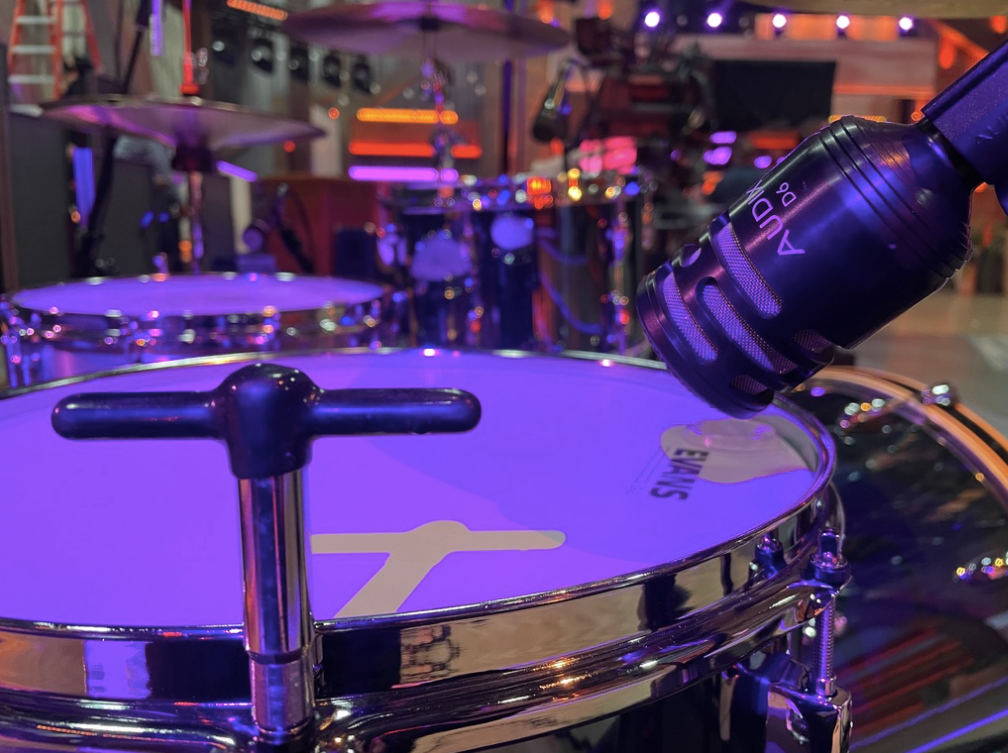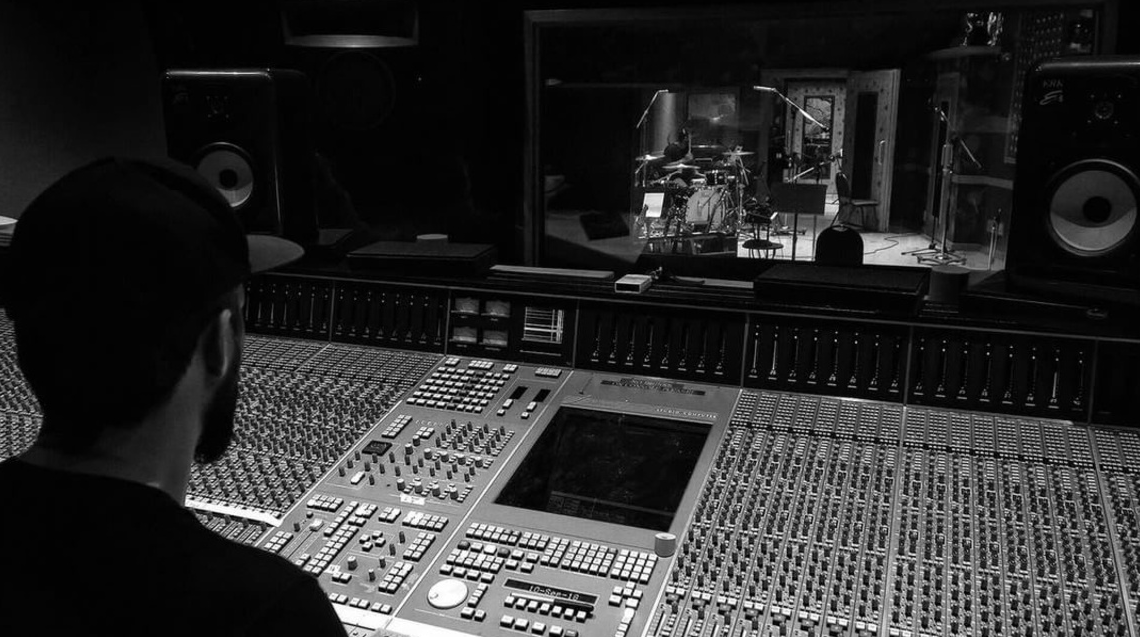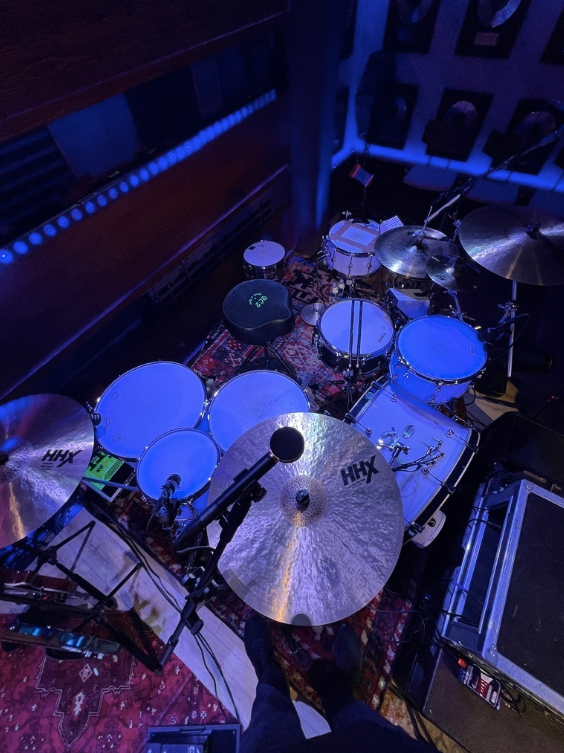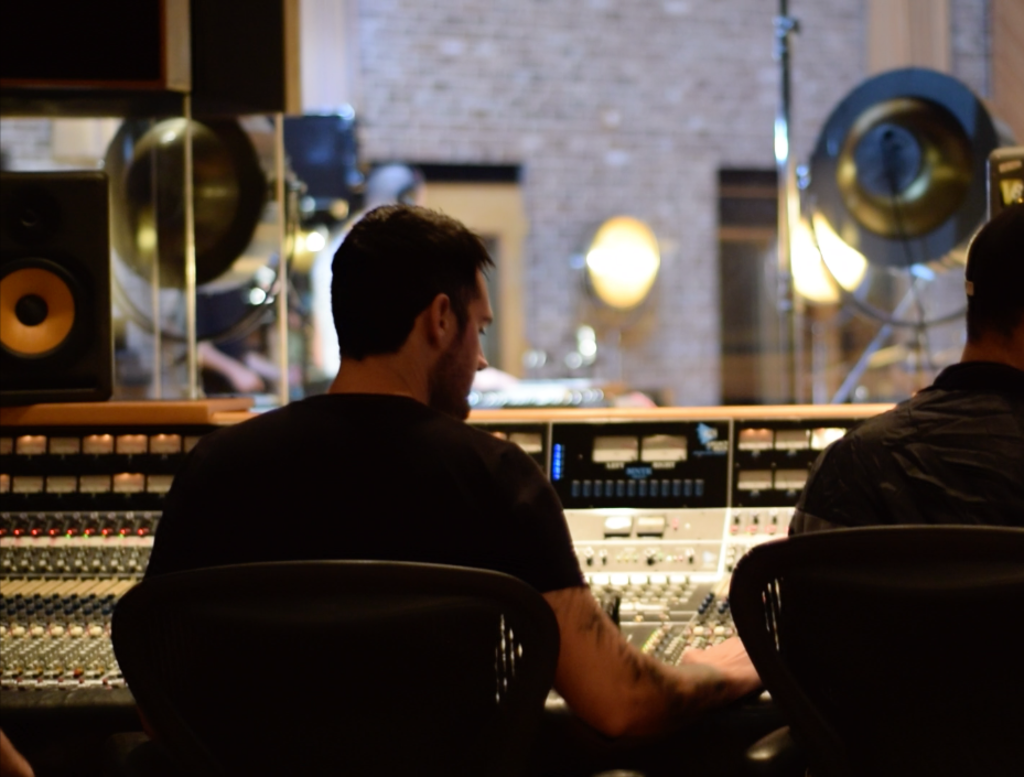An Emmy and Dove Award-winning producer, recording engineer, sound mixer, and accomplished rock drummer, there’s not much that Robert Venable hasn’t done. His early career saw him running the Pro Tools rig for metal superstars Megadeth, and he currently mixes for The Kelly Clarkson Show on NBC. Between those bookends, he has worked on records for multi-platinum and Grammy-winning artists including Clarkson, MuteMath, Twenty One Pilots, and more, while his sound-for-picture clients include Sony, Saturday Night Live and Pixar. He reflects on some career highlights and explains how he uses Audix microphones on a variety of sources, including a lot of D6s in a surprising application...
What music were you into growing up?
Growing up, I listened to a lot of what my parents were into. I fell in love with bands like Chicago, The Beach Boys, Earth Wind and Fire, Jim Croce, Journey… anything with a catchy melody and harmonies.
What was the first music you bought with your own money?
It was a Boyz II Men album… and I wore it out!
What was the first gig you went to without your parents?
I believe it was a Counting Crows show. Fiona Apple opened for them, and the entire experience was memorable.
What was your point of entry into music production?
As a drummer, I played in everything from ska-punk to hard rock bands and realised the touring life isn’t my thing. I’m 6 ft 5, and I don’t fit into a tour bus bunk so well!
I figured, let’s stick with music but move to the other side of the glass. There’s the opportunity to be creative, but also responsibility there, which appealed to me. I put myself on a waiting list for the Conservatory of Arts and Sciences out in Arizona.
They said it might take a year or two for me to get a spot. A couple of months passed, and they said they had an immediate opening if I was able to get there in a week! Somebody had dropped off the waiting list, so I went.
